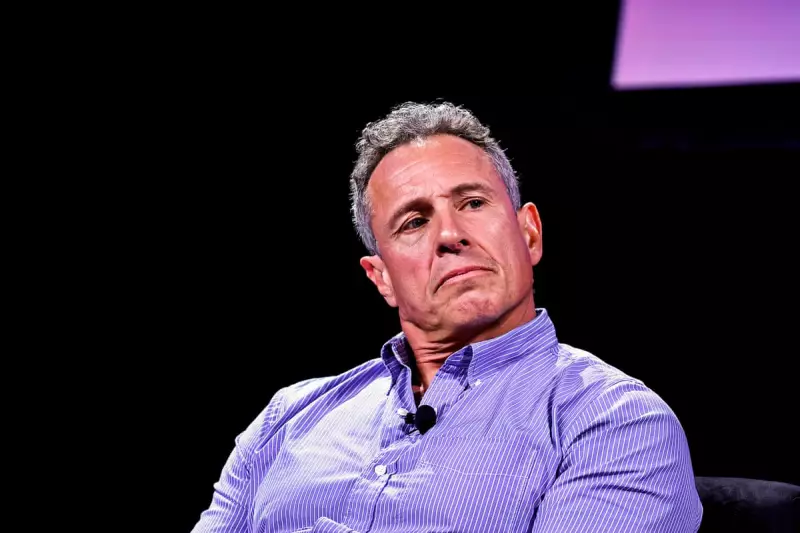
A disturbing deepfake video featuring CNN anchor Chris Cuomo and Congresswoman Alexandria Ocasio-Cortez (AOC) has surfaced, sparking widespread concern over the misuse of artificial intelligence in political manipulation.
The fabricated clip, which circulated online, falsely depicted Cuomo interviewing AOC in a confrontational exchange that never occurred. Experts confirmed the video was generated using advanced AI tools, highlighting the growing threat of synthetic media in spreading disinformation.
The Rise of Political Deepfakes
This incident underscores the escalating risk of AI-generated content being weaponised to deceive the public. Deepfake technology, once confined to academic research, has now become alarmingly accessible, enabling bad actors to create hyper-realistic forgeries.
Cybersecurity analysts warn that such content could significantly impact upcoming elections, eroding trust in media and democratic institutions.
Responses and Repercussions
Both Cuomo and AOC swiftly denounced the video, with AOC's team calling it "a dangerous escalation in digital disinformation tactics". CNN issued a statement confirming the interview was fabricated, while tech platforms raced to remove the viral content.
Lawmakers are now pushing for stricter regulations on AI development and distribution, with some proposing criminal penalties for malicious deepfake creators.
Protecting Against Digital Deception
Security experts recommend:
- Verifying suspicious content through multiple reputable sources
- Looking for subtle anomalies in facial movements and audio
- Supporting legislation that holds platforms accountable for deepfake distribution
As AI technology advances, the line between reality and fabrication continues to blur, demanding urgent action from policymakers, tech companies, and the public alike.





